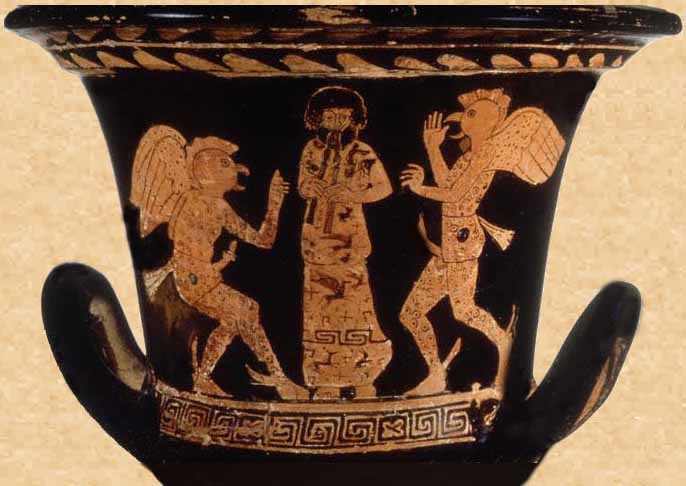As I talk through and think through the possibilities of recording or livestreaming or not the play Carla and Lewis (see below), it strikes me forcibly that drama might be the quintessential ecological art form, or at least one to which I've given nowhere near enough attention. It was an email from Una Chaudhuri that did it—she described the intentions of the play to produce intimacy as an ecological act.
I'm sure there's some overlap here with cinema—I'm looking forward to reading Adrian's book on ecocinema when it comes out for this very reason. Solaris, for instance, and Stalker, do seem to engage the film stock itself as a character in the drama, as Kris in effect takes up residence on the fluid surface of the film itself, when he decides to live on and with the sentient planet-ocean. (Here's an essay I wrote about that.)
There is an uncanny fourth wall dissolution effect as the closing shot pans out across the ocean, revealing Kris's little island of home-like simulation to be just that and Bach is drowned in electronic discord. In this way it's as if the film stock itself reaches out and says hi to us in our seats. It's a very disturbing moment, wonderfully ecological and strange stranger-ish: movie-goers, meet the celluloid that brought you this movie.
As I think about oceans, I think about Nietzsche on the Dionysian in tragedy, and then I think about choruses. How there are choruses of frogs and wasps and birds in Aristophanes, making all kinds of nonhuman sounds. The long, long history of humans imitating nonhumans.
I think of the humans playing these roles, becoming animal, and how ecology is about intimacy, and personhood—and how personhood is about masks (persona, mask). Perhaps that's why many of the movies that have fascinated me as ecological movies have been about noirish Romantic irony in which it turns out that the narrator or protagonist is the evil one/a ghost/a replicant and so on. Display, play, queerness, performance. Darwinian satisficing, in which if you look like a duck and quack like a duck, you are one. How in deep ecological retreats there are Councils of All Beings.
From there to the dissimulative shadow play of objects such as scenery, backdrops, settings, sets. One Buddhist teacher referred to the ego's portable stage set. How notions of scene and setting might connect or not with other forms of environmental performance such as indigenous Australian songlines. How there is a willing and less than willing suspension of belief and seduction by the forces of the drama, a sense of magic and illusion and compelling reality—this lanthorn doth the horned moon present...
How the best Shakespeare plays I've ever seen have had one piece of scenery or none (a tree, a square of orange light). How the space is very much a heightened interaction between people (but are they human or not?), an agreement we know is an agreement. How when that fourth wall pops open in modern drama it's when the audience realizes that it's one of the characters. How drama always shocks me.


2 comments:
Thanks for your last two inspiring posts. I've commented on my blog http://wake65.wordpress.com/
On animals and choruses and drama:http://www.hotreview.org/articles/animalacts.htm
Post a Comment